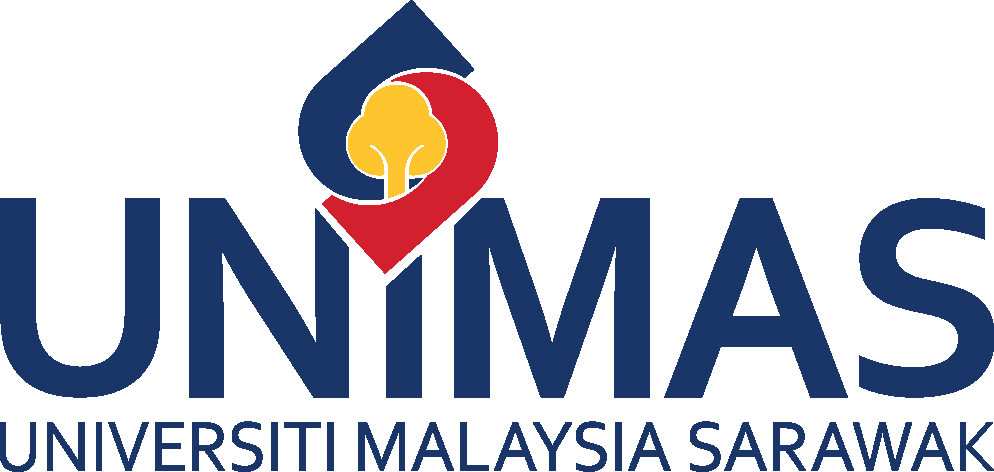
Start Chat with a Counsellor

| Study Mode | FULL TIME,BY COURSE | ||||
| Level | POST-GRADUATE | ||||
| Duration | 1.5 Years full time , 2 years part time | ||||
| Intake |
|
The Faculty of Resource Science and Technology (FRST) and the Faculty of Social Sciences (FSS) jointly offer a capacity building academic programme for the promotion of sustainable land use and natural resource management in Malaysia (SLUSE-M). The programme is modeled on and implemented in parallel to a similar programme initiated by a Danish consortium of universities (SLUSE-D). SLUSE-M takes its point of departure from natural and social scientific theories and methodologies in order to develop inter-disciplinary approaches towards understanding the problems and finding solutions related to sustainable use of land and water resources. This capacity building initiative is realised through the improvement and integration of education, training and research involving students and academic staff of UNIMAS, in collaboration with other local and foreign universities and agencies.
Learning Sciences is the study of how people learn. Findings from Learning Sciences are often used to guide in designing instructional practices and learning environments that enable effective learning. Learning Sciences as a field of study focuses on promoting instructional practices grounded on the scientific understanding of how humans learn.
Research in Learning Sciences centres on understanding the complexities of human learning and thinking, and it explores how knowledge acquisition takes place in a variety of formal and informal real life settings. Learning Sciences looks into how learning can be improved and enhanced, by considering the potentials of emerging technologies to scaffold for meaningful learning. It looks into issues, problems or challenges that learners of all ages face, through the lenses of cognitive science, socio-cultural studies, and educational psychology.
The Faculty of Cognitive Sciences and Human Development, Universiti Malaysia Sarawak (UNIMAS) is the first university that offers a graduate programme in Learning Sciences in Malaysia. The programme has received its full accreditation status from the Malaysian Qualification Agency (MQA) in March 2014, and its first batch of Learning Sciences postgraduate students have received their Master degrees during UNIMAS 18th Convocation in 2014.
ENTRY REQUIREMENT
The minimum entry requirements for the programme are as follows :
A Bachelor degree or equivalent but with CGPA less than 2.50, may be admitted subject to a minimum of 5 years working experiencein the relevant field; or
Other equivalent qualifications approved by the Senate
For international students, a minimum IELTS Score of 6.0 or its equivalent ( e.g TOEFL-525; TOEFL Computer Test -196; TOEFL Internet Test 69-70 ) is required.
The SLUSE-M programme which leads to the award of either a Master of Environmental Management ( Development Planning ) (FSS) or Master of Environmental Science ( Land Use & Water Resource Management ) (FRST) is structured into three (3) modules with a total of 42 credit hours :
Component (1) is generic in nature; the subjects addressed include an introduction to the environmental setting and status of natural resource management in this region followed by courses most relevant to sustainable land use and natural resource management that are of common interest to students from the different core disciplines.
Component (2) deals with research concepts and field methodologies. This module is designed around an experiential study component in the form of a two-week field course in Sabah and/or Sarawak. The field course for SLUSE-M is scheduled, to the extent possible, to coincide with the field course of the Danish (SLUSE-D) students so as to provide an opportunity for international cross-cultural experience and benefits to be derived from the inter-mingling of students of various backgrounds and disciplines.
Component (3) represents the core faculty courses that would stream the students into two possible majors, namely:
Development Planning; or Land Use and Water Resource Management
COURSE FEES
| MASTER OF ENVIRONMENTAL SCIENCE (FACULTY OF RESOURCE SCIENCE AND TECHNOLOGY) |
||
|---|---|---|
| Year 1 | ||
| Sem 1 | Tuition Fees | RM3,192.00 |
| Non-Recurring Fees | RM620.00 | |
| Recurring Fees | RM346.00 | |
| Total | RM4,158.00 | |
| Sem 2 | Tuition Fees | RM3,192.00 |
| Total | RM3,192.00 | |
| Sem 3 | Tuition Fees | RM3,192.00 |
| Total | RM3,192.00 | |
| Year 2 | ||
| Sem 1 | Tuition Fees | RM3,192.00 |
| Recurring Fees | RM346.00 | |
| Total | RM3,538.00 | |
| Sem 2 | Tuition Fees | RM3,192.00 |
| Total | RM3,192.00 | |
| Total | RM17,272.00 | |
| MASTER OF ENVIRONMENTAL SCIENCE (FACULTY OF RESOURCE SCIENCE AND TECHNOLOGY) |
||
|---|---|---|
| Year 1 | ||
| Sem 1 | Tuition Fees | RM4,536.00 |
| Non-Recurring Fees | RM700.00 | |
| Recurring Fees | RM846.00 | |
| Total | RM6,082.00 | |
| Sem 2 | Tuition Fees | RM4,536.00 |
| Total | RM4,536.00 | |
| Sem 3 | Tuition Fees | RM4,536.00 |
| Total | RM4,536.00 | |
| Year 2 | ||
| Sem 1 | Tuition Fees | RM4,536.00 |
| Recurring Fees | RM846.00 | |
| Total | RM5,382.00 | |
| Sem 2 | Tuition Fees | RM4,536.00 |
| Total | RM4,536.00 | |
| Total | RM25,072.00 | |
Copyrights © 2024-25 Education Malaysia. All rights reserved.
